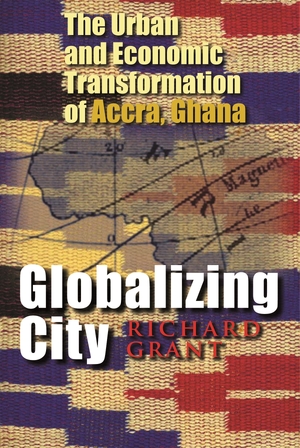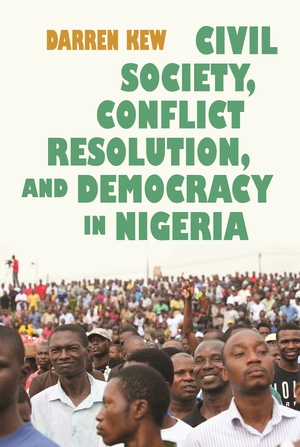"This well-argued position accentuates the localism of the American system compared with the broader concerns that dominate a national office. Highly recommended."—Choice
"The product of many years of research, theoretical and political engagement. No one but this author could have written this book, drawing on a literature that stretches back through the last quarter
of a century and reviewing the urban experience across the same period and longer."—Allan Cochrane, author of Understanding Urban Policy: A Critical Approach"Building on a mix of detailed cases and a robust intellectual framework dealing with the contradictions of uneven capitalist development and public policies, Cox stresses the impact of the state, institutions, class, beliefs, and civil society. A massive achievement."—Patrick le Galès, CNRS Research Professor of Politics and Sociology, Sciences Po, Centre d'Études Européennes
"Offers an encompassing, empirically well-grounded and theoretically sophisticated account of the distinctiveness of the American (and Western European) politics of urban and regional development and is required reading for anyone interested in this field of study."—International Journal of Urban and Regional Research
Description
Although all advanced industrial societies have urban and regional development policies, such policy in the United States historically has taken on a very distinct form. Compared with the more top-down, centrally orchestrated approaches of Western European countries, US cities and, to a lesser degree, states, take the lead, spurred on by developers and those with interest in rent. This bottom-up policy creates conflict as one city battles with another for new investments and as
real estate developers fight over the spoils, resulting in highly contentious politics.
In The Politics of Urban and Regional Development and the American Exception, Cox addresses the question of why US policy is so unique. In doing so, he illustrates the essential characteristics of American regional development through a series of case studies including housing politics in Silicon Valley; the history of the Dallas–Fort Worth International Airport; and a major redevelopment project that was rebuffed in Columbus, Ohio. Cox contrasts these examples with Western Europe’s tradition of centralized governmental involvement and stronger labor movements that historically have been more concerned with creating what he calls “the good geography” than profits for developers, whatever the shortfalls in policy outcomes might be. The differences illuminate the peculiar nature of political engagement and local competition in shaping the way US urban development has evolved.
About the Author
Kevin R. Cox is Distinguished University Professor Emeritus of Geography at The Ohio State University. He is the author of numerous books, including Making Human Geography, and was coeditor of The SAGE Handbook of Political Geography.
Related Interest
6 x 9, 416 pages, 15 figures illustrations
October 2016




